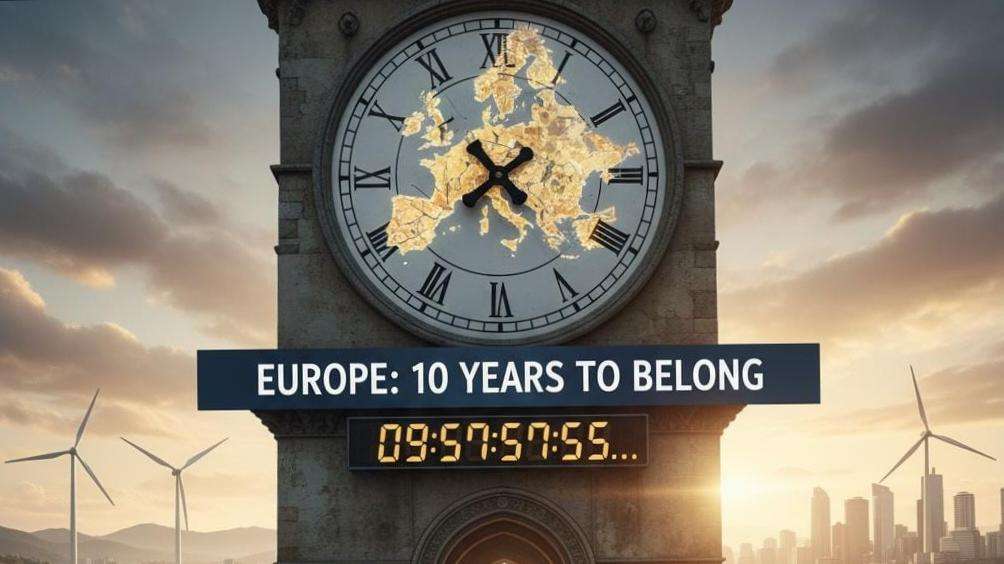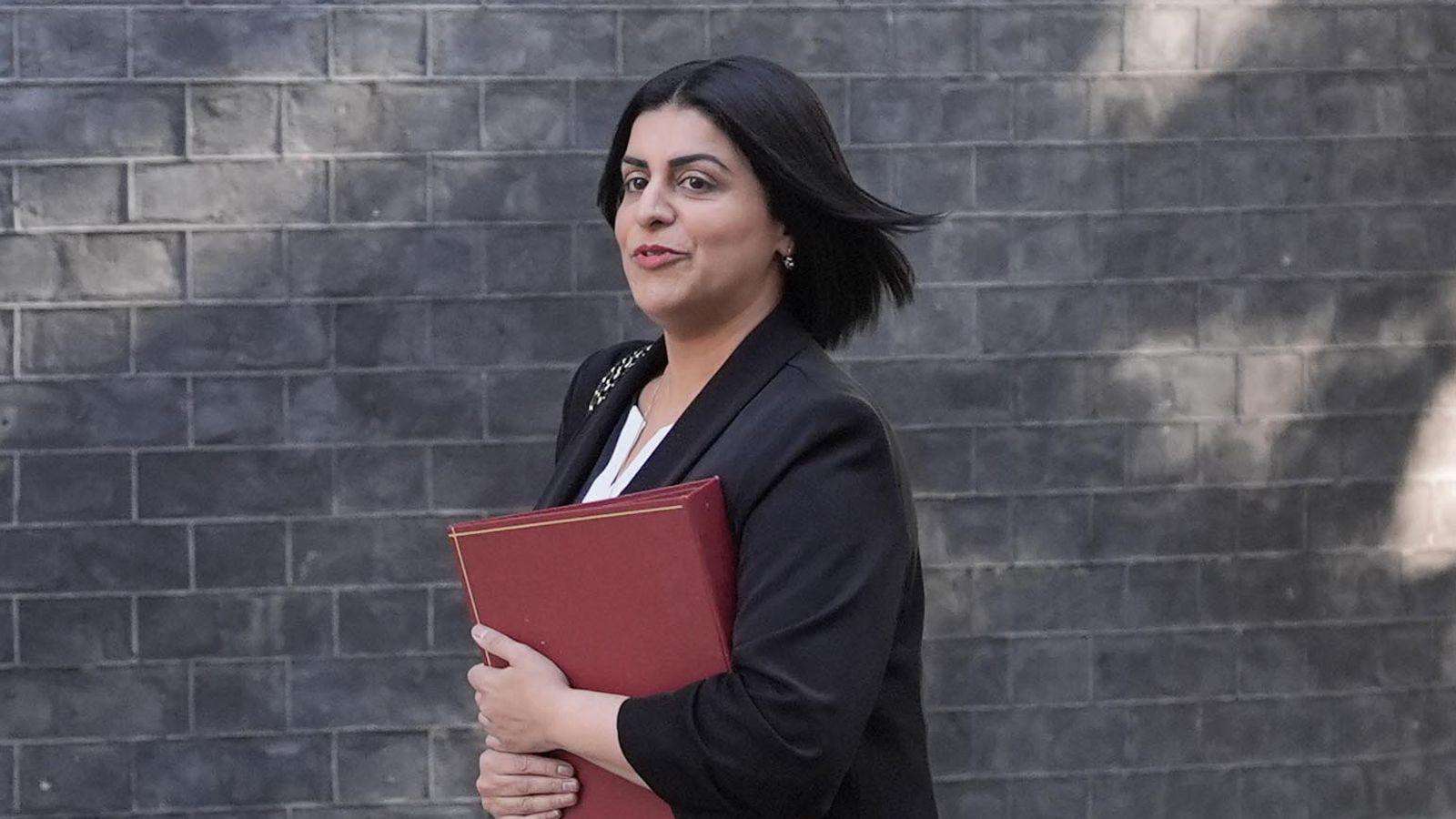Lindsay Hoyle, the Speaker of the House of Commons, finds himself under scrutiny after voluntarily disclosing that he has retained nearly 300 gifts over the past four years. The vast collection, received from foreign dignitaries, MPs, and businesses, includes a significant amount of alcohol, luxury hampers, ties, cufflinks, and other personal items, raising questions about ethical boundaries and the perception of influence.
The speaker's declared list, meant to promote transparency, reveals a substantial intake of gifts, including approximately 80 bottles of wine, champagne, whisky, rum, and other spirits since 2021. He has also kept 26 ties and cufflinks, skincare sets from Korean diplomats, books, drinking glasses, pet presents, a rug, pictures, and decorative ornaments. Notably, Christmas hampers from Bahrain, Qatar, and Anguilla, containing champagne, wine, and food items, were also retained. Conservative MP Priti Patel has also consistently sent him a Christmas pudding.
While Hoyle occasionally shares gifts with his office, as seen when he distributed herbal teas and Ajvar sauce from the North Macedonian ambassador, the sheer volume of personal gifts has sparked concern. The register, which only mandates declaration of gifts exceeding £300 for MPs and £150 for ministers, offers a glimpse into the potential scale of undeclared "freebies."
Tom Brake, director of the Unlock Democracy campaign group, criticized the current £300 threshold, arguing that it should be aligned with stricter standards common in the public and private sectors. He stated that Hoyle's voluntary disclosure highlights the "potential scale of freebies accepted but undeclared by MPs," calling for a more stringent approach to gift acceptance.
This revelation comes amidst a wider debate about ethical conduct in politics. Keir Starmer, the prime minister, previously faced public backlash for accepting thousands of pounds worth of free clothing and glasses from a Labour donor. He and other senior cabinet members have since pledged to refrain from accepting free gifts while in office.
A spokesperson for the Speaker's Office defended Hoyle's actions, stating that gift exchanges are "common practice across the world" when hosting dignitaries, serving as "a token of friendship and relationship-building between nations and parliaments." They emphasized that all items are declared proactively, regardless of the £300 threshold, to ensure transparency and avoid conflicts of interest.
The spokesperson further explained that gifts are assessed for their suitability as additions to the Speaker's House historic collection. Perishable goods or items deemed inappropriate for display are retained personally by the speaker or his office. They also noted that gifted ties and cufflinks are often worn by the speaker, and decorative heritage items are displayed to "cement friendships."
Hoyle has also recently defended his expenditure of approximately £250,000 on 19 foreign trips since 2019, which included first- and business-class flights, luxury hotel stays, and high-end dining.
The sheer volume of gifts retained by the speaker, coupled with his high-profile spending on foreign trips, raises fundamental questions about ethical boundaries and the potential for perceived influence. While the Speaker’s Office maintains that his actions are within established protocols, the public perception of such practices remains a critical consideration in maintaining trust and transparency in political office.








.svg)


